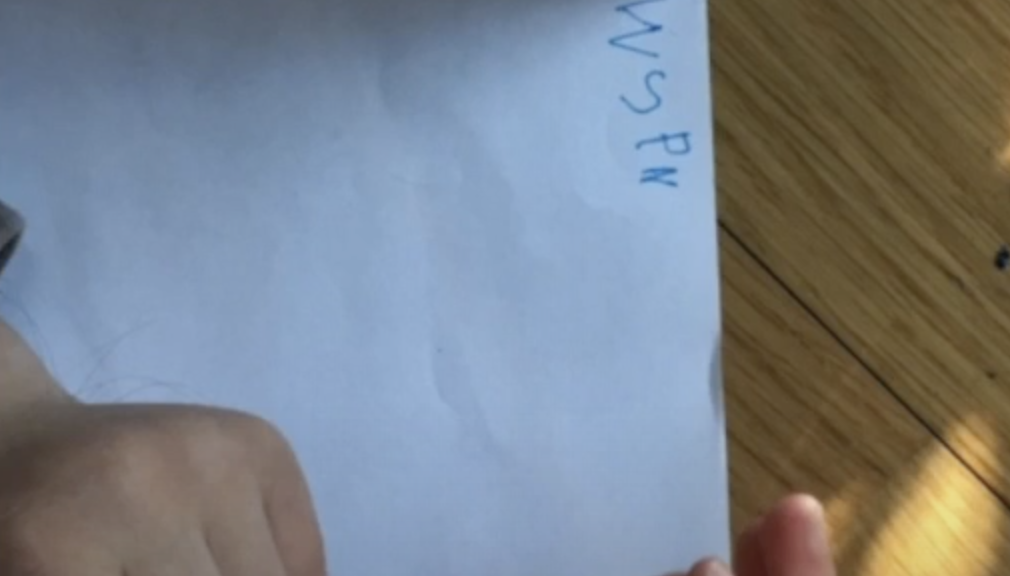
Session 1: Why
Plans for our first session: Sept 23, 9:00-10:30am
To help things go smoothly before joining the Zoom call: open this website and log into our Currents Community and Perusall. We’ll be using these platforms as part of our work together. Thank you!
Welcome from Dr. Chiara Ferrari, Director of Faculty Development
Getting situated. Our goals for this FLC. Ways we can work together.
Conversation: Sharing Our Disciplines (Quick video explanation of the activity)
- Take turns sharing answers to a few of these questions, describing your discipline to someone outside your field: What does learning look like in your discipline? What do you do or make? What counts as data? What counts as knowledge? How do you know when someone is a member of your disciplinary community? What are the challenges for newcomers to your discipline?
- Then, consider together: what do you have in common and what differences do we see in your fields? What would be exciting to you as a learner from an outside perspective? What would be challenging as a learner from an outside perspective?
- In what ways is one of your current classes recognizable to someone in your field? How do the structures support nascent historians, psychologists, chemists, rhetors, etc? (Let’s share some ideas all together too)
Before next session:
Playing with a metaphor: our classrooms as an ecology. Watch Dr. Hecht’s talk and comment in Perusall.
Consider: what are the indicators in your system that tell you how your class is going? How are the structures of your class enabling participation in the discipline?
Questions and prep for next time…role of coaching sessions.
Next session on Sept 30: We’ll read and comment on “A Guide to Resisting EdTech…” together in Perusall. We’ll think about trust and building community in online spaces. And, we’ll do some consultations focused on “problems of practice.”
Additional Resources:
bell hooks Engaged Pedagogy, chapter 1 from Teaching to Transgress: Education as the Practice of Freedom (our library as an unlimited digital copy)
“Progressive professors working to transform the curriculum so that it does not reflect biases or reinforce systems of domination are most often the individuals willing to take the risks that engaged pedagogy requires and to make their teaching practices a site of resistance” (21).
Mike Wesch’s Why We Need a Why
Mike Wesch reflects on how individual teachers might find their own core reason for teaching a specific class, and ways to build buy-in to that reason among students. The emphasis is not on what we teach, but why we teach.
Connected Learning emerged from years of research with digitally engaged youth. The Connected Learning Alliance offers models and design principles for education.
John Dewey’s “The School & The Life of the Child” (pp. 31-56)
Every few semesters, I return to Dewey’s 113 year old lecture, “The School and the Life of the Child,” in order to share Dewey’s ideas, and hopes, with my students, many of whom are future educators. Dewey’s lecture opens by describing his efforts “trying to find desks and chairs which seemed thoroughly suitable from all points of view — artistic, hygienic, and educational — to the needs of the children.” He laments his failure in acquiring the furniture he needs, but importantly, also shares the insight he receives from one of the furniture dealers: “I am afraid we have not what you want. You want something at which the children may work; these are all for listening.” Inevitably, the conversation that follows the reading begins by all of us stating the obvious: our fear that not much has changed in the institution of schooling. Students’ ideas stay behind in the traces of their seats where they’ve listened quietly. I wonder how this listening is amplified in our all digital moment.
